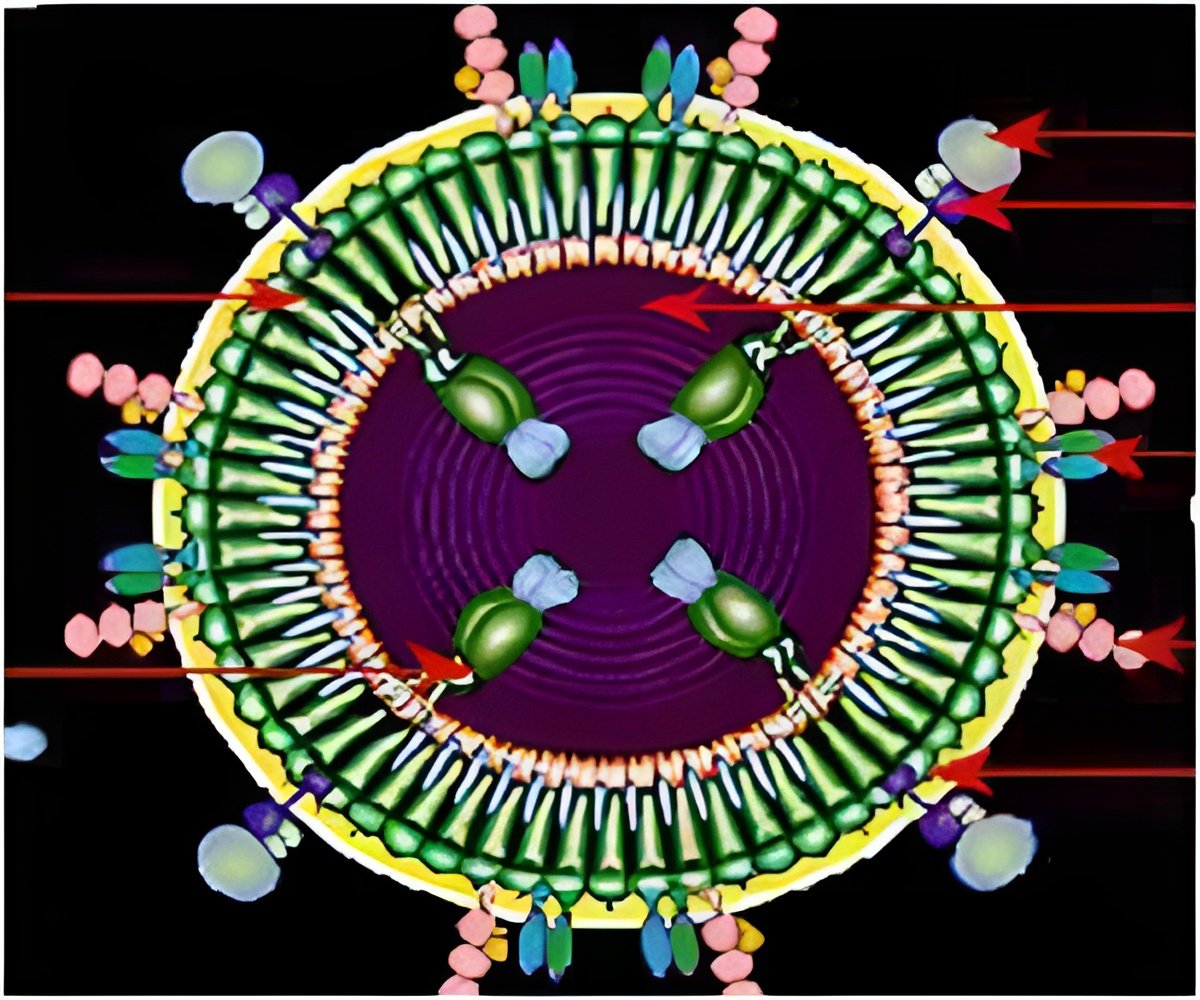A vaccine that will provide long-lasting protection against repeated exposures to human immunodeficiency virus (HIV) is being investigated by scientists.

Harriet L. Robinson, PhD, chief scientific officer at GeoVax Labs, Inc., and former director of the division of microbiology and immunology at Yerkes National Primate Research Center, has been leading the research team with Rama Rao Amara, PhD, associate professor of microbiology and immunology, Yerkes National Primate Research Center and the Emory Vaccine Center.
The vaccine regimen included a DNA prime vaccine that co-expressed HIV proteins and granulocyte-macrophage colony-stimulating factor (GM-CSF). GM-CSF is a normal protein that promotes the initiation of immune responses and thus enhances the ability of the vaccine to elicit blocking antibodies for the SIV virus before it enters cells.
Vaccination consisted of two DNA inoculations at months 0 and 2 to prime the vaccine response and then two booster inoculations at months 4 and 6. The booster vaccine was MVA, an attenuated poxvirus expressing HIV proteins. Six months after the last vaccination, both vaccinated and unvaccinated animals were exposed to SIV through 12 weekly exposures, resulting in an 87 percent per exposure efficacy and 70 percent overall protection.
Over the next two years uninfected animals were exposed multiple times in two more series, resulting in an 82 percent per exposure efficacy during the second series and an 84 percent per exposure efficacy during the third series.
"Repeated challenges in animals are used to mimic sexual transmission. The hope is that the results in the nonhuman primate models will translate into vaccine-induced prevention in humans," said Robinson.
Neutralization is the process by which some antibodies can block virus infection.
These trials, supported and conducted by the National Institutes of Health HIV Vaccine Trials Network, have set the stage for the second-generation GM-CSF co-expressing vaccine to move from its initial Phase 1 safety testing slated to start in March of this year to a Phase 2b efficacy trial in participants who are at high risk of exposure to HIV. The vaccine is designed for a version of the virus prevalent in the Americas.
The research was presented Wednesday at the Conference on Retroviruses and Opportunistic Infections (CROI) in Seattle, Wash.
Source-ANI
 MEDINDIA
MEDINDIA




 Email
Email





